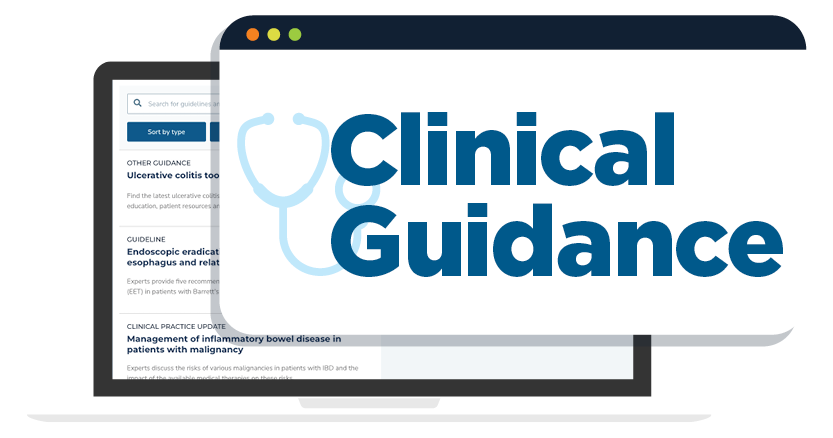1. Abstinence from drinking alcohol is the cornerstone of treatment for alcohol hepatitis (AH).
2. Patients with jaundice and suspected AH should have cultures of blood, urine and ascites, if present, to determine the presence of bacterial infections regardless of whether they have fever.
3. Patients with AH who have jaundice should be admitted to the hospital to encourage abstinence, restore adequate nutrition and exclude serious infections.
4. Imaging of the liver is warranted as part of the evaluation, but caution should be used in administering iodinated contrast dye, as it increases the risk of acute kidney injury (AKI).
5. Patients with AH require a diet with 1-1.5 g protein and 30-40 kcal/kg body weight for adequate recovery. If the patient is unable to eat because of anorexia or altered mental status, a feeding tube should be considered for enteral feeding. Parenteral nutrition alone is inadequate.
6. Severity and prognosis of AH should be evaluated using Maddrey Discriminant Function (MDF), Model for End-Stage Liver Disease (MELD), age, bilirubin, international normalized ratio, and creatinine (ABIC), or Glasgow scoring systems. Current treatments are based on this assessment.
7. Presence of systemic inflammatory response syndrome (SIRS) on admission is associated with an increased risk of multi-organ failure (MOF) syndrome. Development of MOF, usually due to infections developing after initial diagnosis of AH, is associated with a very high mortality rate.
8. Nephrotoxic drugs, including diuretics, should be avoided or used sparingly in patients with AH, since AKI is an early manifestation of MOF.
9. Patients with MDF > 32 or MELD score > 20 without a contraindication to glucocorticoid, such as hepatitis B viral infection, tuberculosis, or other serious infectious diseases, may be treated with methylprednisolone 32 mg daily, but the appropriate duration of treatment remains a subject of controversy. Methylprednisolone does not improve survival beyond 28 days, and the benefits for < 28 days are modest. 10. Patients with a contraindication to glucocorticoids may be treated with pentoxifylline 400 mg three times daily with meals. Data regarding the efficacy are conflicting. 11. Patients with severe AH, particularly those with a MELD score > 26 with good insight into their alcohol use disorder and good social support should be referred for evaluation for liver transplantation, as the 90-day mortality rate is very high.
12. Patients with mild to moderate AH defined by a MELD score < 20 and MDF < 32 should be referred for abstinence counseling and prescribed a high protein diet supplemented with B vitamins and folic acid.












